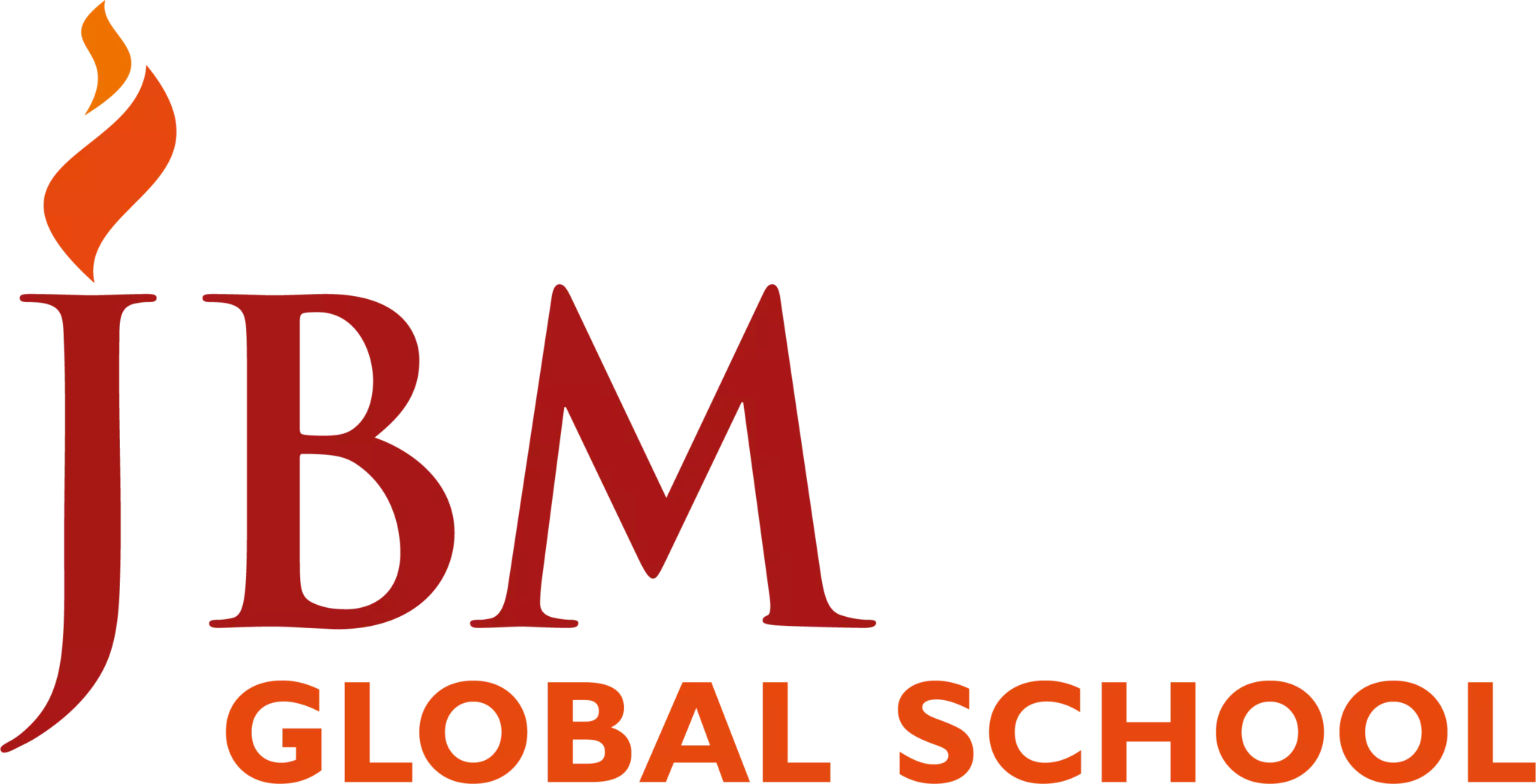
Loading....
Close



Education is a valued treasure for all. Our energies and resources are limited and must be used wisely if we want to transform the world into something better. Some say that children should be the focus because their minds are easily shaped and influenced; others suggest that adults, should take front-and-centre importance in our efforts to change the world as they are in positions of power.
The claim is about where one wants to invest his time. If he wants to change the world through education, he should focus on the children. Apparently, children are more adaptable and flexible with less baggage. There’s more of a possibility for them to understand things in a way that’s not discriminatory or racist. So, building strong kids rather than focusing attention on adults who have already learned their lessons, is a wise act. This is clear through this saying, ‘You can’t teach an old dog new tricks’.
Why do we send our children to school when they are four years old? Why don’t we just let them live at home to explore and start schooling them after 18? The idea is that we educate them when they’re young, because they’re better able to learn new things, and they have more potential. Adults, on the other hand, have rigid ideas about things and are reluctant to change their opinions. If we really want to bring a revolution in the world, educating the young mind is a better option than persuading adults, which is a herculean task.
Also Read: Importance of Co-Curricular Activities for Students
In JBM Global School, Noida, we mould our children and make them capable of bringing a revolution in the world. The school practices learner-based pedagogy and provides the learner with an active role in the learning process, stimulating individual cognitive and experimental learning environment leading to greater understanding and retention. Teachers design learning opportunities for the students to participate in empowering activities incorporating students’ experiences, interests, and real-time situations along with 21st-century learning skills to face future challenges.
At the Pre-Primary level, the learning program outlines a detailed, flexible and structured framework of content that develops key skills – Motor, Cognitive and Affective. The Primary level celebrates the uniqueness of every child with the Montessori pedagogy of thematic & activity-based curriculum., which is designed to nurture the child in all dimensions of learning. The school develops students’ analytical and critical thinking skills in the core subjects, at the Middle level. Secondary level education applies knowledge & concepts, learning new behaviours and skills through project-based learning, exploring attitudes, values, perspectives on a problem, and solutions to complex issues. And in the Senior Secondary level, the school focuses on core subjects. The curriculum helps students to develop their aptitudes, interests, and ability to face the challenges of global competitiveness.
Also Read: Does Spreading Knowledge Foster Growth?
Effective classroom discussions, questioning and learning tasks of high-order thinking skills, brainstorming sessions etc. are the regular features of the school. All these are in one school, because JBM Global School – best schools on Noida Expressway believes in transforming the world through young minds.